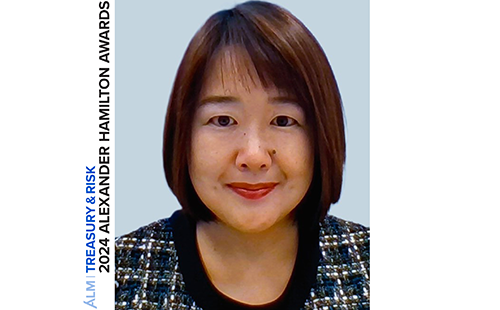As regulators consider additional moves to shore up money market funds, like requiring funds to set aside reserves, Treasury Strategies recommends companies protect themselves by reworking their investment policies to track specific measures of diversification. The consultancy has come up with seven parameters, such as the portion of its assets a company invests in a single fund or fund family, or any one issuer or country.
Each parameter includes a range that companies can fine-tune according to their own level of risk tolerance. For example, one parameter suggests limiting the amount the company invests in any one fund to between 10% and 35% of the company's assets. "So the more risk-averse companies would be advised, for example, to keep just 10% in any single money-market fund," says Michael Gallanis, a partner at Treasury Strategies.
Companies might not need all the parameters. For example, a company that doesn't invest outside the U.S. wouldn't need to consider how much to invest per country.
Recommended For You
The specificity of the guidelines mark a change. Up until now, investment policies might only mandate that a company invest in money market funds or in funds carrying a certain rating. "Very rarely do we see that they break out the parameters with granularity for investments in money market funds," Gallanis says.
The Securities and Exchange Commission paved the way for a more detailed look at funds' underlying investments last year when it required funds to start disclosing their holdings on a monthly basis, he says, adding that the tools provided by money market portals make the job easier.
Treasury Strategies' guidelines have been incorporated in the ICD money fund portal. ICD's customers can request reports showing how their investments stand with regard to all the parameters. "For the first time—and I've been doing this since 1993—this is a way for a corporation to take into account the different investment parameters and be able to push a button and check that they're in compliance," says Tory Hazard, ICD's CFO and COO.
Such visibility into short-term investments is needed given current market conditions, Gallanis says. "Understanding the holdings that you have by country, by asset class—any way you want to slice and dice them—is incredibly important when you start to talk about sovereign risks and risks of this magnitude."
© 2025 ALM Global, LLC, All Rights Reserved. Request academic re-use from www.copyright.com. All other uses, submit a request to [email protected]. For more information visit Asset & Logo Licensing.




